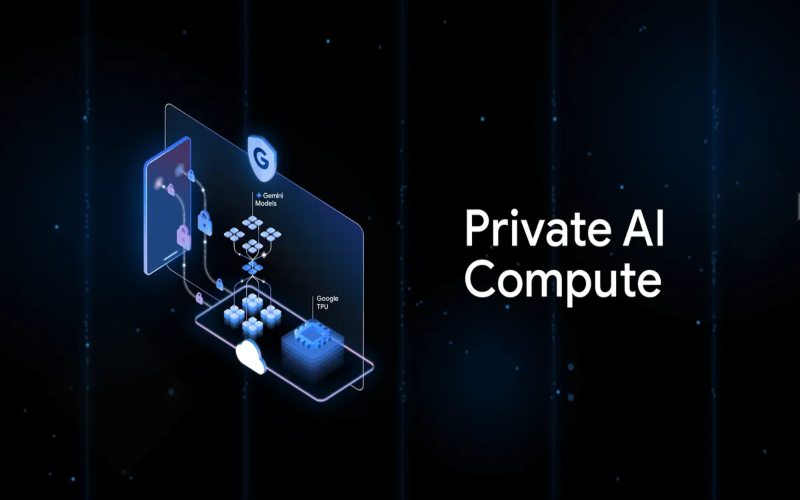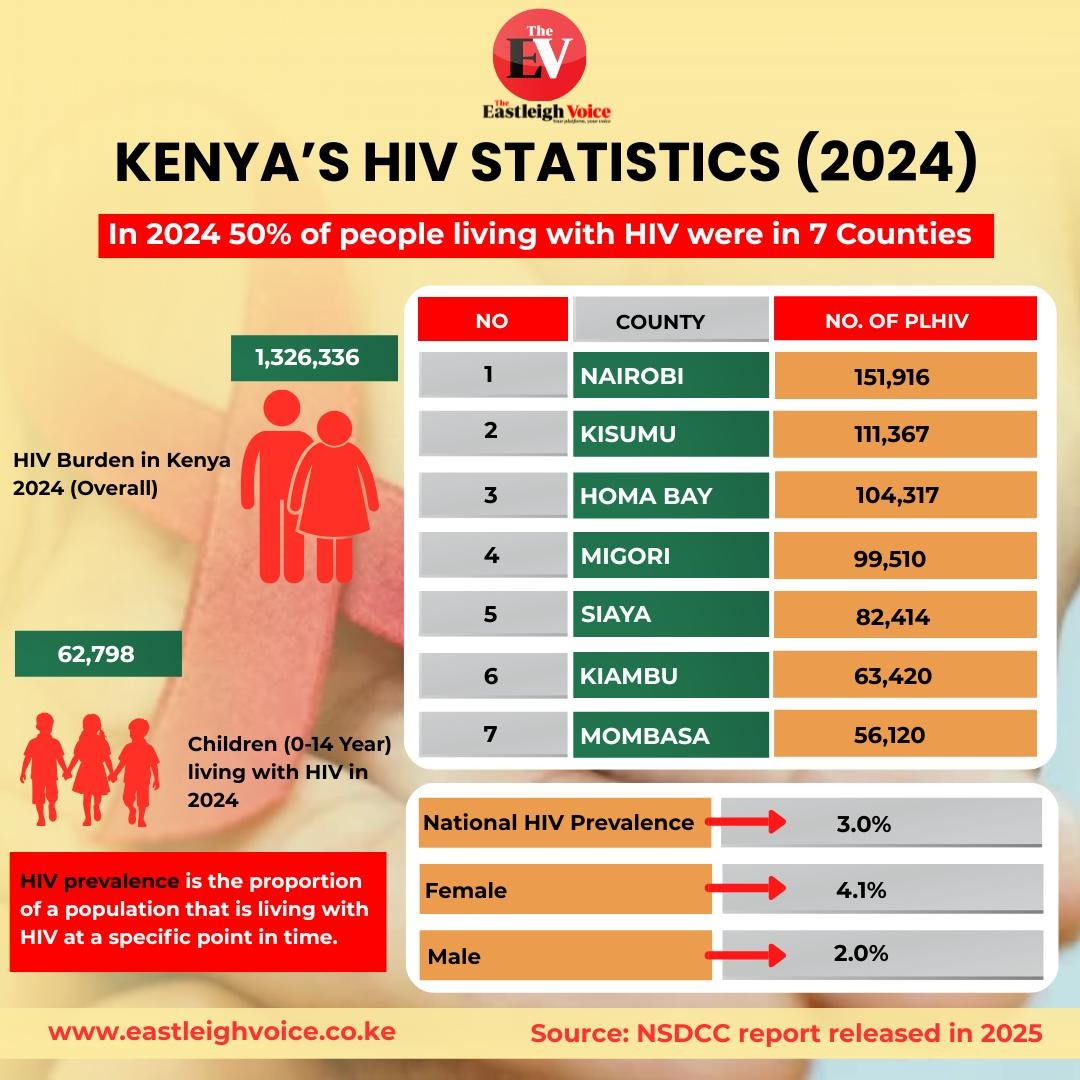Developers react to Google’s AI privacy push: ‘It was inevitable’

With countries tightening data-protection laws, privacy-centric AI infrastructure could help local startups handle sensitive data responsibly while accessing global computing power.
Google’s announcement of Private AI Compute, a secure cloud system that merges on-device privacy with cloud-scale performance, has stirred excitement among users worldwide.
According to Charles Mwaniki, a software developer at Safravo LTD, a Nairobi-based tech company, developers are not surprised by the launch. They’ve long understood the stakes.
More To Read
- Apple names new AI chief amid pressure to catch up
- Google tests dual-band hotspot for Android phones
- Google tightens free access to Gemini 3 Pro amid surging demand
- Android users can now share files via Apple’s AirDrop
- Google unveils Gemini 3, its most ambitious all-in-one digital assistant yet
- How to use Google’s AI Mode to visualise your travel plans this holiday
In their view, data is the most valuable currency in AI, and companies that can process it securely while scaling cloud performance are simply following the logic of a global industry steadily shifting toward privacy-first infrastructures.
For Mwaniki and many of his peers, Google’s move is less a bold breakthrough than a predictable evolution, a reflection of years of investment in secure hardware, confidential computing, and advanced AI models.
“Data is gold,” Mwaniki said. “Every serious developer knows that whoever masters secure data processing will lead the next era of AI. Google didn’t just realise this; they’ve been positioning for it for years.”
Google claims its Private AI Compute creates a sealed, encrypted environment within its infrastructure, allowing AI models to process data without exposing it, not even to Google’s own engineers.
It relies on Titanium Intelligence Enclaves (TIE), remote attestation, and end-to-end encryption to ensure personal or enterprise data remains invisible, even while powerful Gemini models analyse it.
Apple introduced a similar concept last year with Private Cloud Compute, a privacy-forward system that extends on-device protections into the cloud, enabling larger models to handle complex requests without storing or exposing user data.
For users, Google’s launch is turning heads. Many see it as a sign that the industry is finally taking privacy seriously in data processing.
The technology promises faster, more personalised AI features, such as live transcription, smart suggestions, and multilingual summarisation, without sending raw data outside a protected zone.
“People want intelligent AI, not intrusive AI. If Google can give users power without risk, that’s where real adoption begins,” Mwaniki said.
Google’s move follows Apple’s Private Cloud Compute, but the company says its version targets a broader market, developers, businesses, and governments, by combining Tensor Processing Units (TPUs) and new Axion CPUs to balance speed, cost, and privacy.
According to Google, TPU v5e delivers up to 2.7 times better inference performance per dollar than the previous generation, while Axion CPUs offer 50 per cent more performance and 60 per cent better energy efficiency than traditional x86 chips.
With countries tightening data-protection laws, privacy-centric AI infrastructure could help local startups handle sensitive data responsibly while accessing global computing power.
“Cloud AI has always come with the fear of data exposure,” Mwaniki noted.
While the public marvels at Google’s privacy promises, developers like Mwaniki view Private AI Compute as a predictable and necessary step in the evolution of AI infrastructure.
To him, Google’s move is less a surprise and more a continuation of business as usual.
“For Google, this is just business,” Mwaniki said. “They’ve always been ahead when it comes to data security and cloud innovation. This isn’t new, it’s just their next logical step.”
For developers, that steady progression is exactly what they expect from one of the world’s most influential tech companies.
“Data isn’t just power, it’s currency. And the companies that protect it best will define the next chapter of the digital economy.”
Top Stories Today














































